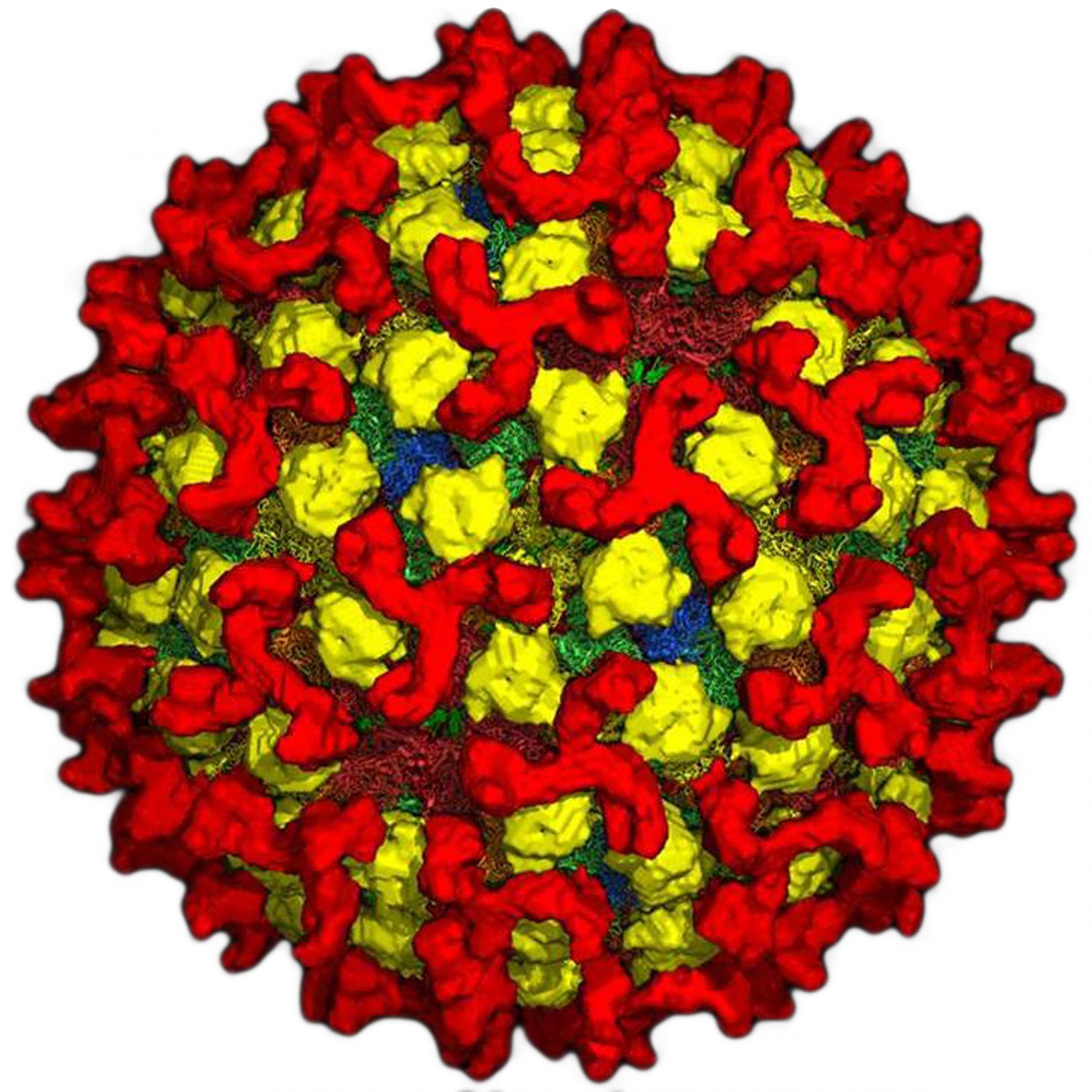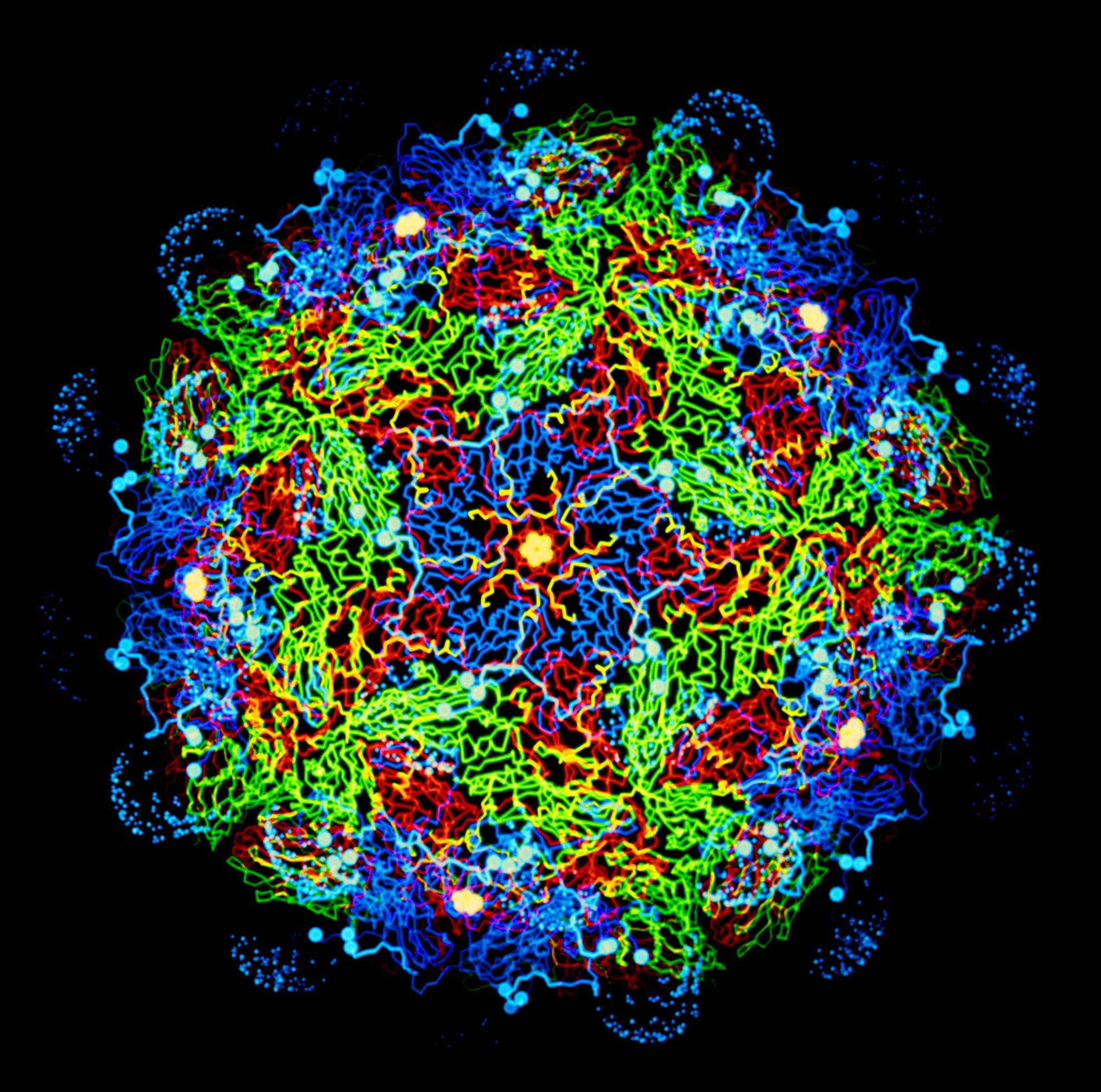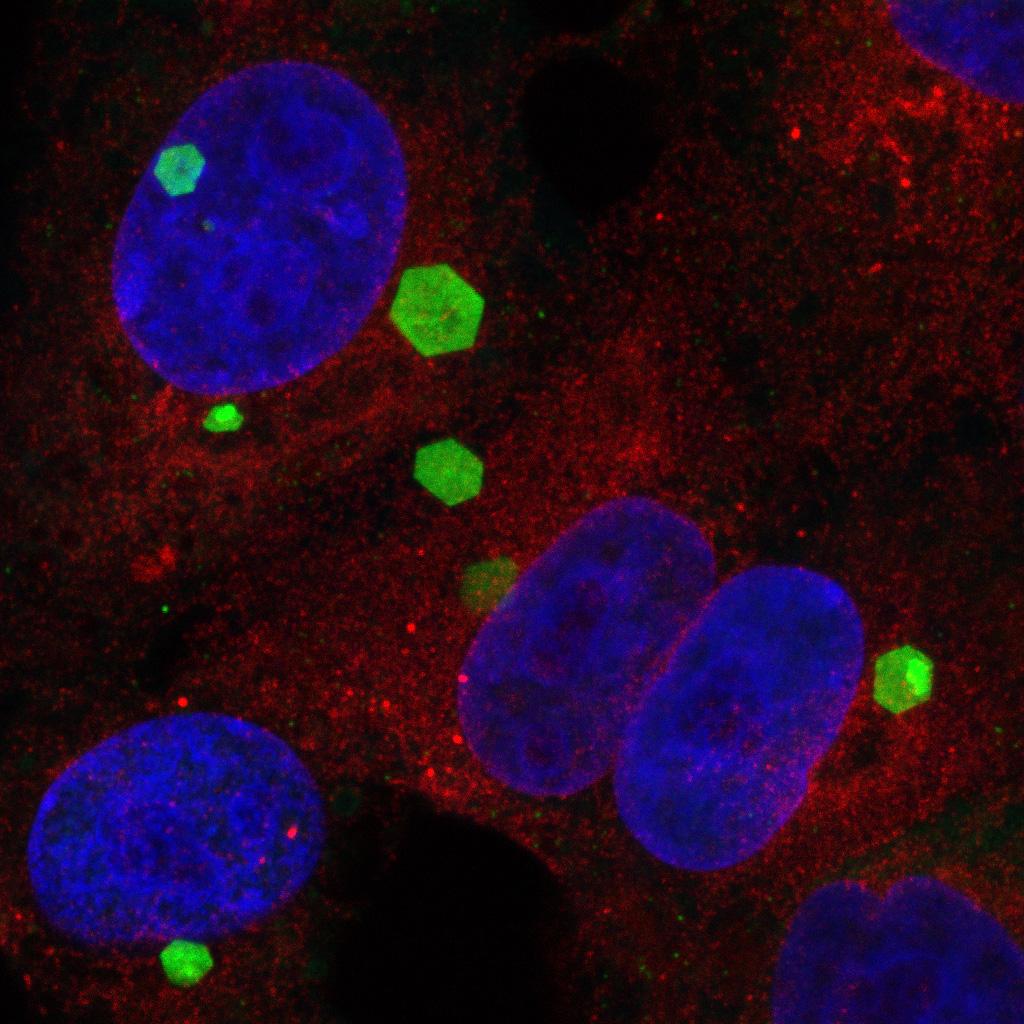Assessment of reproducibility of a VP7-blocking ELISA diagnostic test for African horse sickness
The laboratory diagnosis of African horse sickness (AHS) is important for: (a) demonstrating freedom from infection in a population, animals or products for trade (b) assessing the efficiency of eradication policies; (c) laboratory confirmation of clinical diagnosis; (d) estimating the prevalence of AHS infection; and (e) assessing postvaccination immune status of individual animals or populations. Although serological techniques play a secondary role in the confirmation of clinical cases, their use is very important for all the other purposes due to their high throughput, ease of use and good cost-benefit ratio. The main objective of this study was to support the validation of AHS VP7 Blocking ELISA up to the Stage 3 of the World Animal Health Organization (OIE) assay validation pathway. To achieve this, a collaborative ring trial, which included all OIE Reference Laboratories and other AHS-specialist diagnostic centres, was conducted in order to assess the diagnostic performance characteristics of the VP7 Blocking ELISA. In this trial, a panel of sera of different epidemiological origin and infection status was used. Through this comprehensive evaluation we can conclude that the VP7 Blocking ELISA satisfies the OIE requirements of reproducibility. The VP7 Blocking ELISA, in its commercial version is ready to enter Stage 4 of the validation pathway (Programme Implementation). Specifically, this will require testing the diagnostic performance of the assay using contemporary serum samples collected during control campaigns in endemic countries.


